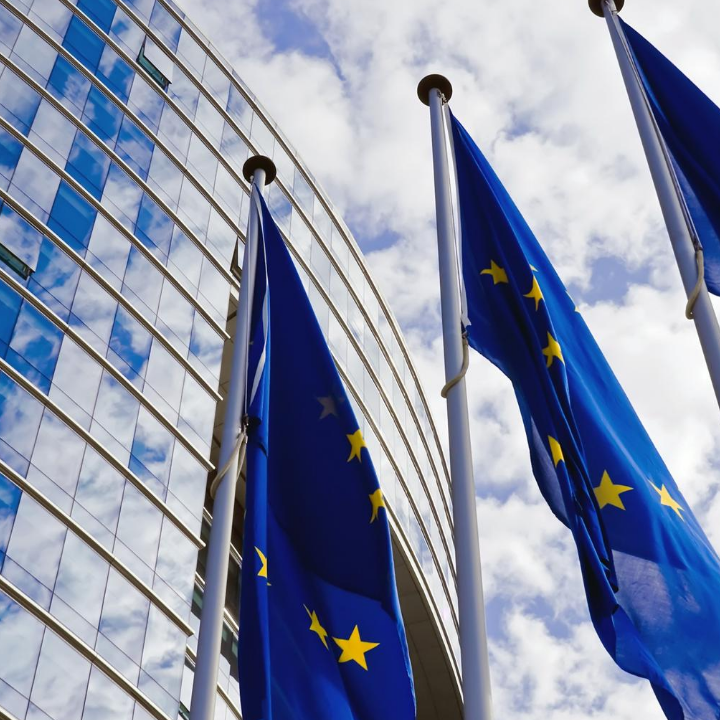EU: Effective enforcement & increasing investigation capacity are vital to utilise Forced Labour Regulation, says HRW

Photo: sinonimas, Getty Images via Canva
"EU Adopts New Regulation to Curtail Forced Labor," 19 November 2024
Today, the European Union approved a law forbidding the sale in the EU of products made with forced labor, a decisive step in combatting this abusive practice and holding corporations to account.
The Forced Labor Regulation (FLR) will require authorities of all EU states to ban from the EU market any products or components which have been made, in part or whole, with forced labor...
The 2022 ILO Global Estimates on Modern Slavery estimated that 17.3 million people are victims of forced labor exploitation in the private sector worldwide... Another 3.9 million people are victims of state-imposed forced labor (SIFL) in areas such as the Xinjiang Uyghur Autonomous Region in China, Turkmenistan and North Korea. According to a recent ILO report on the economics of forced labor, companies’ profit from forced labor in the private sector is US$63.9 billion annually.
The regulation, if properly enforced, will prompt companies to eradicate forced labor from their operations and supply chains... Effective enforcement, however, will require the European Commission and EU member states to significantly boost their capacity to investigate and effectively ban products made with forced labor...
The next European Commission should make sure the FLR will finally empower the EU to legally tackle this severe form of human rights violations, and the unfair business advantage it provides to all industries, including when it is state-imposed.